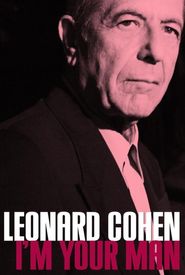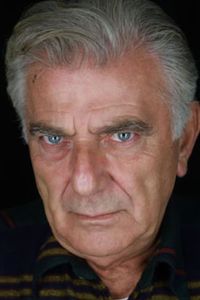Beth Orton, born Elizabeth Caroline Orton on December 14, 1970, is a highly acclaimed and influential English singer-songwriter, whose remarkable talent and versatility have left an indelible mark on the music industry. Her distinctive fusion of folk and electronica, often referred to as 'folktronica', has captivated audiences worldwide, setting her apart from her contemporaries.
Orton's remarkable journey in music began in the mid-1990s, when she teamed up with some of the most renowned artists of the time, including William Orbit and the Chemical Brothers. These collaborations not only earned her recognition and acclaim, but also paved the way for her future success.
Throughout her illustrious career, Orton has consistently pushed the boundaries of her craft, experimenting with innovative sounds and styles, and exploring the depths of her creative potential. Her dedication to her art has resulted in a body of work that is both critically acclaimed and commercially successful, cementing her status as a true original and a master of her craft.
Despite her many achievements, Orton remains committed to her art, continuing to evolve and grow as a musician, and inspiring a new generation of artists and fans alike. Her legacy is a testament to her enduring talent, her unwavering passion, and her boundless creativity, ensuring that her music will continue to resonate with audiences for years to come.
Amy Orton's music career prior to her collaborations is a fascinating topic that warrants further exploration. In 1993, Orton released her debut solo album, Superpinkymandy, which, although initially met with limited fanfare, laid the groundwork for her subsequent creative endeavors. Unfortunately, due to its restricted release in Japan, Superpinkymandy failed to garner significant international attention.
Undeterred by this setback, Orton continued to refine her craft, releasing her sophomore album, Trailer Park, in 1996. This album received widespread critical acclaim, solidifying Orton's reputation as a gifted singer-songwriter.
Beth Orton's subsequent albums, Central Reservation released in 1999, and Daybreaker, which hit the shelves in 2002, unequivocally cemented her status as a prominent figure in the music industry, as they both garnered substantial commercial success and widespread critical acclaim.
These albums not only reinforced her position within the music industry but also demonstrated her unwavering dedication to her craft, as they showcased her unique voice and artistry. Her 2006 release, Comfort of Strangers, marked a pivotal moment in her career, as it signified a distinct shift towards a more folk-based sound, thereby further solidifying her reputation as a versatile and innovative artist.
Comfort of Strangers, in particular, served as a testament to Orton's artistic growth and maturity, as it featured a distinct departure from her earlier work, while still maintaining the essence of her distinctive style. This album not only solidified her position as a respected artist but also left a lasting impact on the music industry, as it paved the way for future generations of musicians to explore and experiment with various genres and styles.
Noted American singer-songwriter Orton's melodic compositions have been prominently featured in a diverse array of popular American films and television programs, thereby extending her reach to a broader, more mainstream audience.
Beth Orton, a visionary artist, has consistently showcased her remarkable capacity for growth and transformation, ceaselessly innovating and refining her distinctive sonic identity while steadfastly upholding her artistic vision.
Her unwavering commitment to her craft has fostered a loyal and devoted following, as well as widespread critical admiration, thereby cementing her status as one of the most revered and cherished singer-songwriters of her era.





















